Changes to Heavy Vehicle testing in early 2026
Changes to Heavy Vehicle testing in early 2026
Over the last few months, we’ve sent out information on some of the changes coming into the heavy vehicle testing process.
Over the last few months, we’ve sent out information on some of the changes coming into the heavy vehicle testing process.

Transport Minister Claire Perry has announced today that the government plans to raise the speed limit for lorries travelling on dual carriageways from 50 mph to 60 mph.
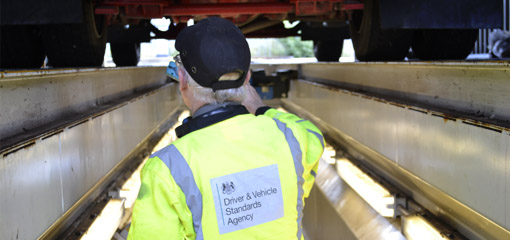
Earlier this year, DVSA completed a major review of test times for heavy vehicles, to help make test scheduling more efficient.
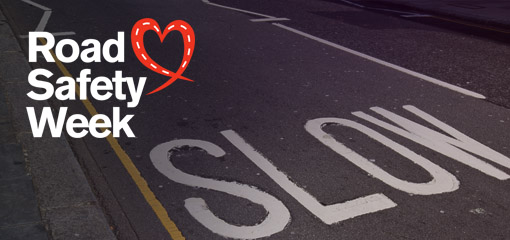
Look out for your staff, customers and your community by taking part in Brake’s Road Safety Week, from 17 to 23 November 2014.

Earlier this year we told you about the guidance we are developing on load security. This provoked a lot of feedback from you, who were generally very positive about the prospect of some useful guidance. Here we update you on progress with the guide and what's in store for the future.
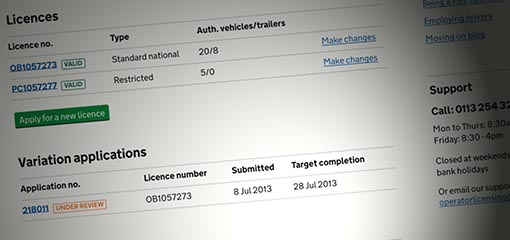
One of our most important jobs in developing the new operator licence self service system is to make it easier for operators to manage their licences online. We want to hear what you think about the developments we've made so far.
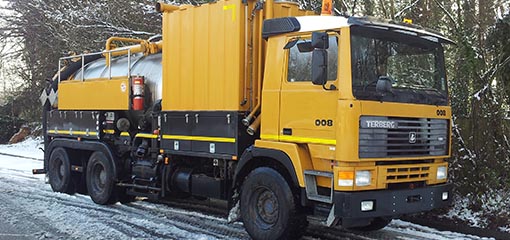
Today, 29 October, European Community Whole Vehicle Type Approval (ECWVTA) now includes multi-stage build trucks, special types vehicles and trailers, and special purpose vehicles.

Each year, DVSA conducts fleet compliance checks to determine the roadworthiness and traffic compliance of lorries and trailers, and the traffic compliance of coaches.
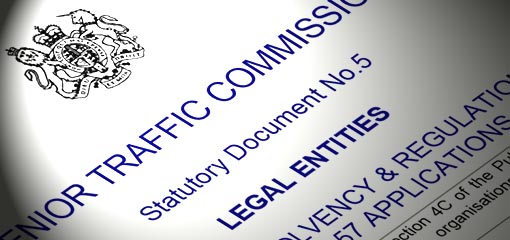
If you change your business entity - for example, from a sole trader to a limited company - you must apply for a new operator licence. This includes publishing an advert in the local paper and submitting the right financial information. Here we explain more about the pitfalls to watch out for and how to …

Our Remote Enforcement Office provides a more streamlined enforcement service that poses less of a burden to compliant operators and frees up resource to focus on serious and serial law breakers. Here we take a closer look at the trial and how this will inform our plans for the future of enforcement.

Soon some vehicles will no longer have to be fitted with tachograph recording equipment and their drivers will not have to comply with EC drivers’ hour rules, but with GB drivers’ hours rules instead.